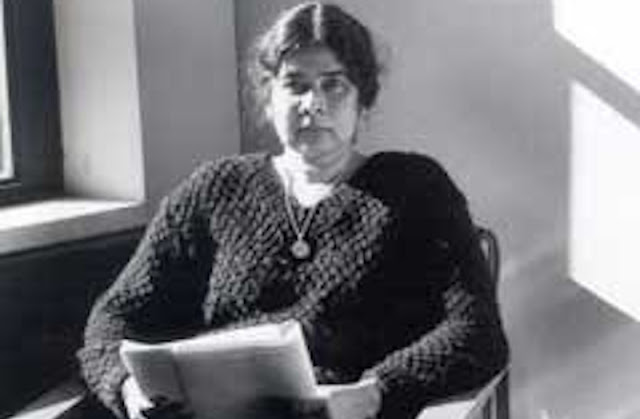Chitra Fernando was born in Kalutara South to Arthur Fernando, a practising lawyer in Kalutara and Olive Fernando in 1935. Her early schooling commenced at Balika Vidyalaya, Kalutara, subsequently in Bandarawela and finally at Visakha Vidyalaya where her mother, Olive Fernando, was the matron at the boarding school.
From Visakha she joined the University of Ceylon, Peradeniya, and graduated in 1959 with an Honours degree in English.She joined the academic staff of the University of Ceylon at Peradeniya as a Temporary Assistant Lecturer in the department of English in 1960. Winning a scholarship to the University of Sydney in 1961, she obtained an MA (Hons) degree for her thesis titled “A Constructive Study of English and Sinhala Grammar” in 1963.
Qualified as an MA degree holder, she returned to Sri Lanka and worked at the Department of Education, Sri Lanka until 1968. Then she was appointed as a Lecturer in Linguistics at Macquarie University where she also started working on a doctoral thesis on the Nature and Function of Idiom in 1972. She completed her thesis in 1981.
In the meantime, she published five volumes of stories for Sri Lankan children in the “Taprobane Readers” series, under the pseudonym “Chitralekha”. The backdrop to all these stories is Sri Lanka. Some of her published articles are on attitudes and language in Ceylonese/Sri Lankan creative writing (1973), and on “English and Sinhala Bilingualism in Sri Lanka” (1976). She published Three Women (1984), Between Worlds (1988) and four other works of short fiction, and a monograph on Idiom in collaboration with Roger Flavell. She started writing her novel Cousins, in 1989 working simultaneously on the publication of her PhD thesis titled Idioms and Idiomacity.
Although her thesis was published by Oxford University Press, in 1996, her novel Cousins was only posthumously published in 1999, as she succumbed to a bone marrow cancer in Sydney in 1998. Chitra Fernando’s works seem to be influenced, first by the Buddhist-cultural setting in Sri Lanka, then by the insights gained by her exposure to the different cultures of the world, third, by her knowledge of linguistics.
The voyage of her life ended in 1998 creating a vacuum that cannot be fixed in Sri Lankan English Literature.
P.S.
The topic might be a puzzle to the readers, the bottom line of it is, Sri Lanka could not give her due recognition, which was humbly offered by Australia and treasured her by giving due recognition. You can read about it the link below in lankaweb .
Sources:
Resource Book for G.C.E.(A/L), NIE publication
https://en.wikipedia.org/wiki/Chitra_Fernando
https://www.lankaweb.com/news/items/2017/04/28/sri-lankas-loss-australias-gain/








1 Comments
This comment was published in the about section, I copy paste this in the correct place for others' reference and thank again for the comment made by the sister of Mrs. Chitra Fernando
ReplyDeleteThis in response to Sampath's article on "Chitra Fernando, the Lost Treasure" - 20 October 2020. Sampath, I was very moved by your article which quite by chance, my daughter found yesterday! You seem to have researched her background very well. I am Chitra Fernando's sister, Suranganie. I live in London, UK. It made me so happy to know that she was remembered in this way. Your PS is absolutely right. Sri Lanka could not offer her any position worthy of her education and knowledge thereby losing her to Australia who recognised her worth. When she returned from Australia after gaining a Masters Degree, her intention was to give back to the country from where she gained an excellent education, free!! After many frustrated attempts at finding a suitable post that would give her and the country a satisfactory outcome, she eventually gave up. Thank you also for highlighting this aspect of her career. I hope you see this comment. Suranganie (surafernando@aol.com)